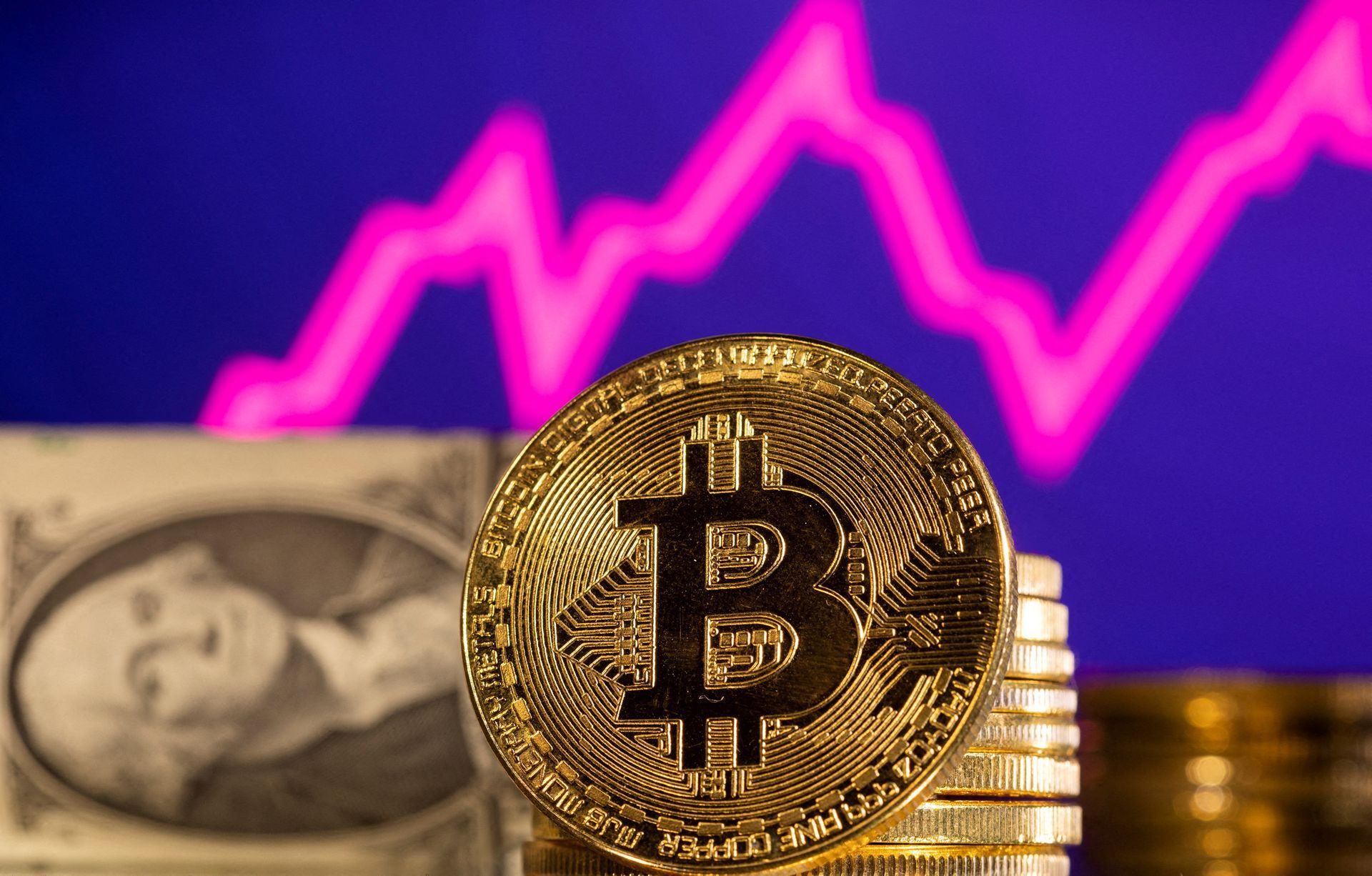Currently, the SEC staking ban on Kraken is one of the most important topics in the crypto world. As SEC intensifies its crackdown on staking, the whole industry is concerned with the outcomes of such an operation. In this article, we’ll explain what staking is and what has been going on in decentralized finance concerning the issue.
For centralized exchanges aiming to diversify their revenue sources away from transaction fees, staking, the process of locking native blockchain tokens to safeguard the network and get incentives, has grown into a key economic segment. Despite the entry of rivals like Kraken and Binance, Coinbase remains the second-largest stake on Ethereum but decentralized alternatives like Lido and RocketPool, the largest and third-largest Ethereum-based platforms by value, will gain in many ways if the SEC is successful in outlawing staking programs.

In this article, we’ll discuss the importance of the SEC staking ban in terms of its influence on the crypto world and the events that occurred throughout this week.
How may the SEC staking ban affect the industry?
Even while the SEC has the power to impose stringent limitations on the activities for entry points into the cryptocurrency system like Coinbase, it cannot prevent users from contributing 32 ether (ETH) to become an Ethereum validator or from pledging funds to other hosts. Therefore the SEC staking ban worries crypto users regarding results that would follow the attempts of restriction by the institution.
The market appears to have responded to that message because Lido’s governance token has increased as a result of tweets from Armstong and Coinbase. “As a decentralized protocol, it’s unlikely [Lido] will have the same compliance with securities rules as a U.S.-domiciled centralized entity like Coinbase,” said Coindesk author Sam Reynolds.

It is anticipated that the cryptocurrency sector will organize a significant legal fight if the SEC does decide to restrict staking, much as how many parties banded together to stop the administration of U.S. President Donald Trump’s administration’s last-minute ban on “unhosted wallets.”
Staking has transformed from a hypothetical security mechanism to the foundation of several highly valuable blockchains in just a few years, accounting for nearly a quarter of the market capitalization of the cryptocurrency sector and in the face of the SEC staking ban, although Armstrong’s claim that staking is a “national security” priority may be a bit dramatic, companies like JPMorgan regularly monitor this expanding economic activity.
What initiated the issue?
There have been rumors going on about the upcoming SEC staking ban on staking earlier this week, and according to these rumors that were made public by Coinbase CEO Brian Armstrong on Wednesday, the U.S. Securities and Exchange Commission (SEC) is allegedly trying to “get rid of” retail-oriented cryptocurrency staking offerings.

If alarming, the rumor is not recent: SEC Chair Gary Gensler used Ethereum’s historic “Merge” to a proof-of-stake system as an opportunity to challenge the yield-generating process, much like he has done with the token market as a whole. And there have been other legal instances such as the arrest of the former FTX CEO. Here’s a short rundown of the events that occurred previously.
- Before the appearing SEC staking ban, the securities regulator was specifically looking into Coinbase for its staking services, it was revealed in August.
- An industry source knowledgeable on the situation claimed that Kraken has consented to halt its bitcoin staking activities in order to resolve complaints with the U.S. Securities and Exchange Commission (SEC).
- A later statement may be made, the industry source informed CoinDesk, after the SEC voted on the settlement during a commissioner meeting held behind closed doors on Thursday afternoon.
- A representative for Kraken declined to comment and there has been no publication of the settlement on their website. In response to the publication of the mentioned article, an SEC spokeswoman opted not to comment either.
- However, following the release of the article, cryptocurrency markets declined severely, with Ethereum, a token protected by a proof-of-stake consensus process, plummeting 4.5% in just 30 minutes.
Crypto users are worried about the possible results of the SEC staking ban and the eyes of the market will be on this issue during the following weeks. Make sure to follow us to learn more about the issue.





